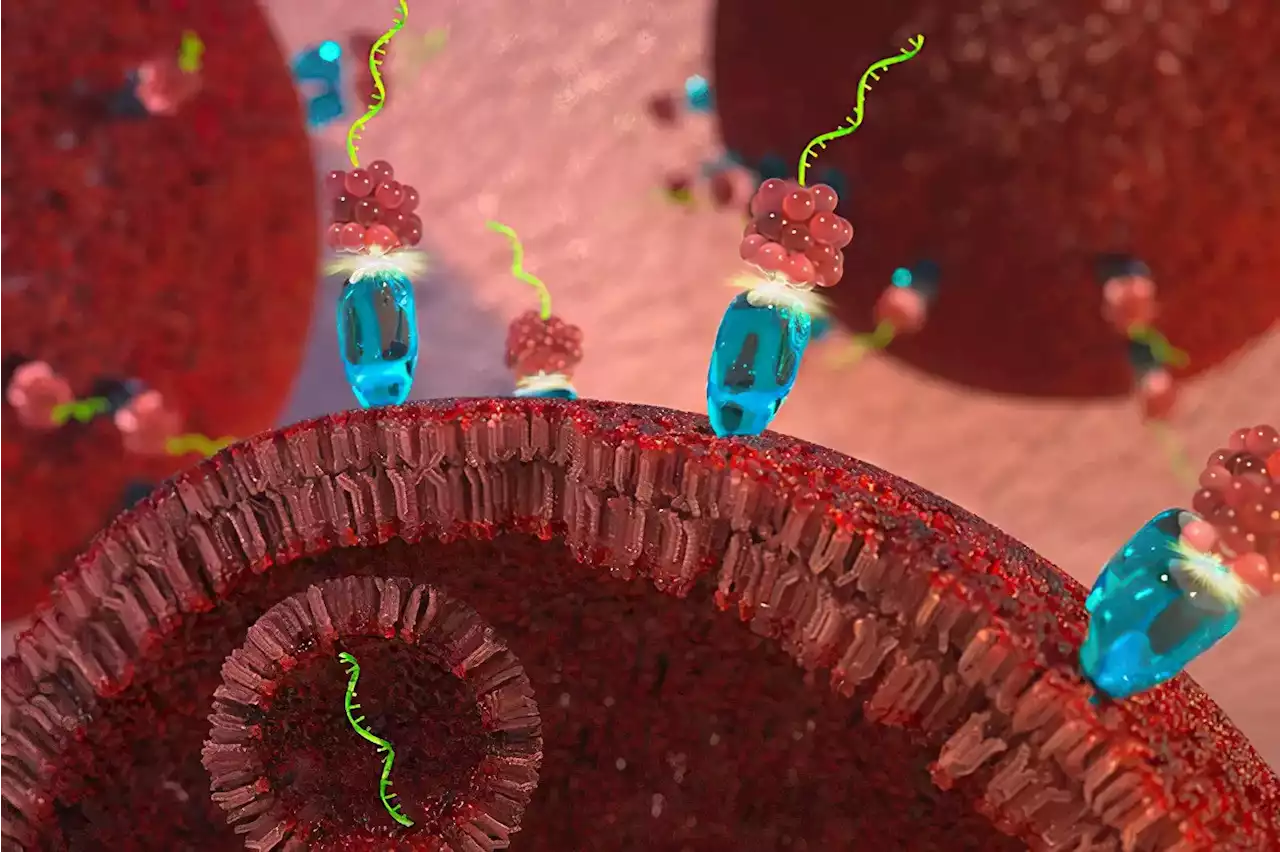Researchers from Purdue University have developed a novel cancer treatment that deceives cancer cells into absorbing a snippet of RNA that naturally blocks cell division. A study recently published in Oncogene reveals that over a 21-day period, tumors subjected to this treatment remained unchanged i
A new therapy targets cancer cells with a modified strand of micro-RNA that naturally blocks cell division. Credit: Second Bay Studios/Purdue Universityhave developed a novel cancer treatment that deceives cancer cells into absorbing a snippet ofreveals that over a 21-day period, tumors subjected to this treatment remained unchanged in size, whereas untreated tumors grew threefold.
In addition to slowing or reversing tumor growth, the targeted microRNA-34a strongly suppressed the activity of at least three genes – MET, CD44, and AXL – known to drive cancer and resistance to other cancer therapies, for at least 120 hours.
In healthy cells, microRNA-34a is abundant, but its presence is dramatically reduced in many cancer cells. As a bonus, the fully modified microRNA-34a is invisible to the immune system, which would ordinarily attack double-stranded RNA introduced to the body.
United States Latest News, United States Headlines
Similar News:You can also read news stories similar to this one that we have collected from other news sources.
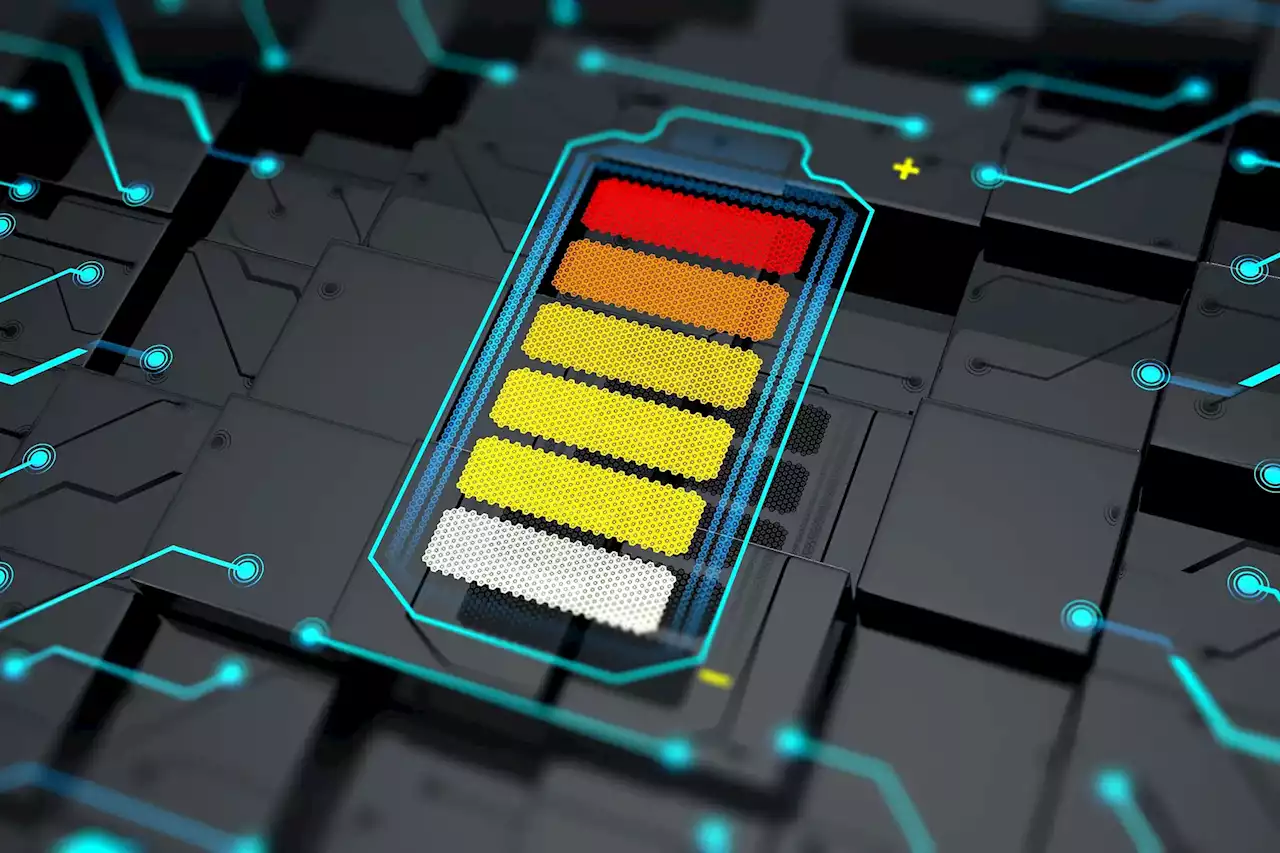 Scientists Develop a Truly Solid Battery Electrolyte With High-PerformanceA newly developed, highly conductive solid electrolyte may pave the way for solid-state lithium batteries. Batteries store energy through chemical reactions, depending on the flow of charged ions from the cathode to the anode via an electrolyte. Historically, batteries primarily used liquid elect
Scientists Develop a Truly Solid Battery Electrolyte With High-PerformanceA newly developed, highly conductive solid electrolyte may pave the way for solid-state lithium batteries. Batteries store energy through chemical reactions, depending on the flow of charged ions from the cathode to the anode via an electrolyte. Historically, batteries primarily used liquid elect
Read more »
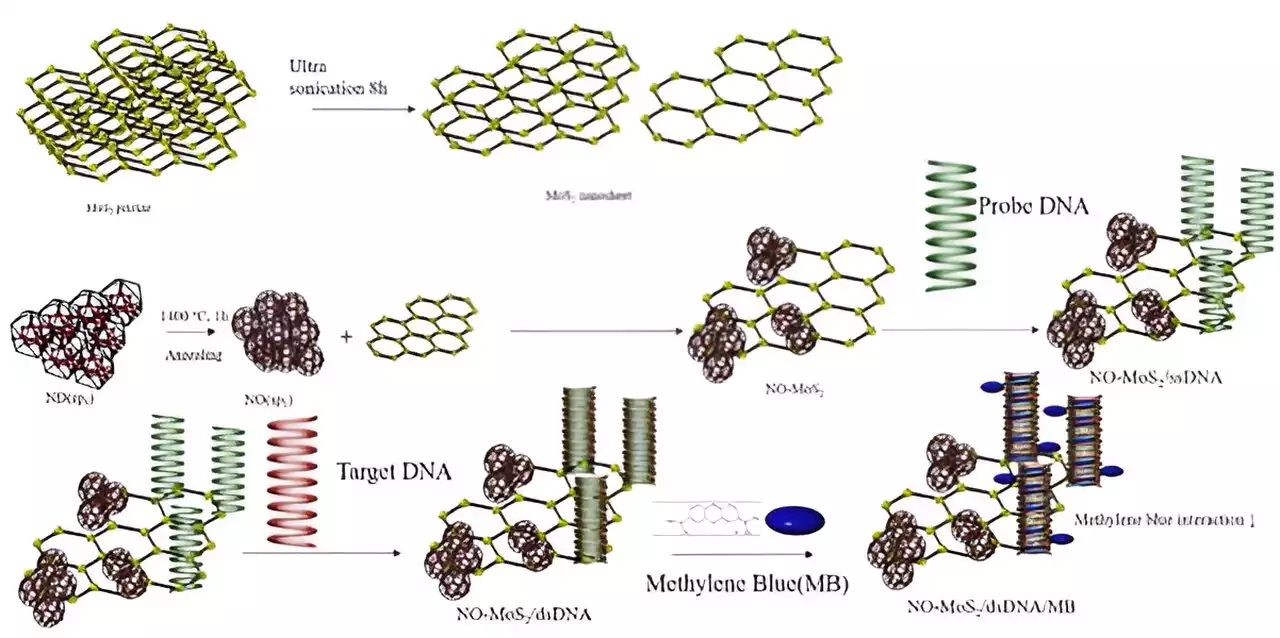 Researchers develop novel DNA biosensor for early diagnosis of cervical cancerMolybdenum disulfide (MoS2) has recently garnered attention among materials science researchers owing to its ability to form two-dimensional nanosheets like graphene. The nanosheets are created by the stacking of S–Mo–S layers interacting via Van der Waals interactions.
Researchers develop novel DNA biosensor for early diagnosis of cervical cancerMolybdenum disulfide (MoS2) has recently garnered attention among materials science researchers owing to its ability to form two-dimensional nanosheets like graphene. The nanosheets are created by the stacking of S–Mo–S layers interacting via Van der Waals interactions.
Read more »
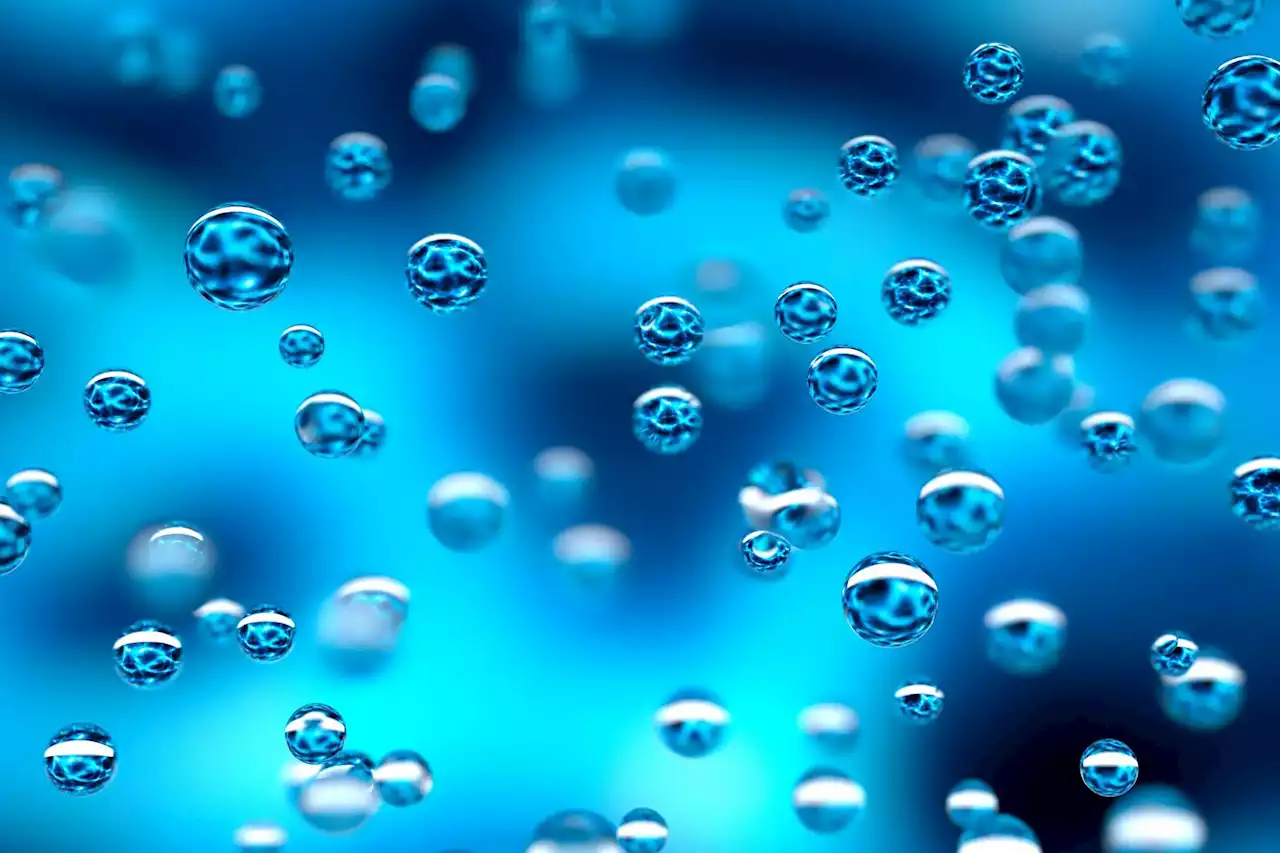 Chemists Develop New Way To Split WaterPhotocatalytic process enables water to be activated. Hydrogen is often touted as a future energy solution, especially when generated through environmentally friendly methods. Beyond its energy potential, hydrogen plays a crucial role in producing active ingredients and various essential compounds.
Chemists Develop New Way To Split WaterPhotocatalytic process enables water to be activated. Hydrogen is often touted as a future energy solution, especially when generated through environmentally friendly methods. Beyond its energy potential, hydrogen plays a crucial role in producing active ingredients and various essential compounds.
Read more »
 Microdevices implanted into tumors offer new way to treat brain cancerResearchers have designed a device that can help test treatments in patients with gliomas, a type of tumor that originates in the brain or spinal cord.
Microdevices implanted into tumors offer new way to treat brain cancerResearchers have designed a device that can help test treatments in patients with gliomas, a type of tumor that originates in the brain or spinal cord.
Read more »
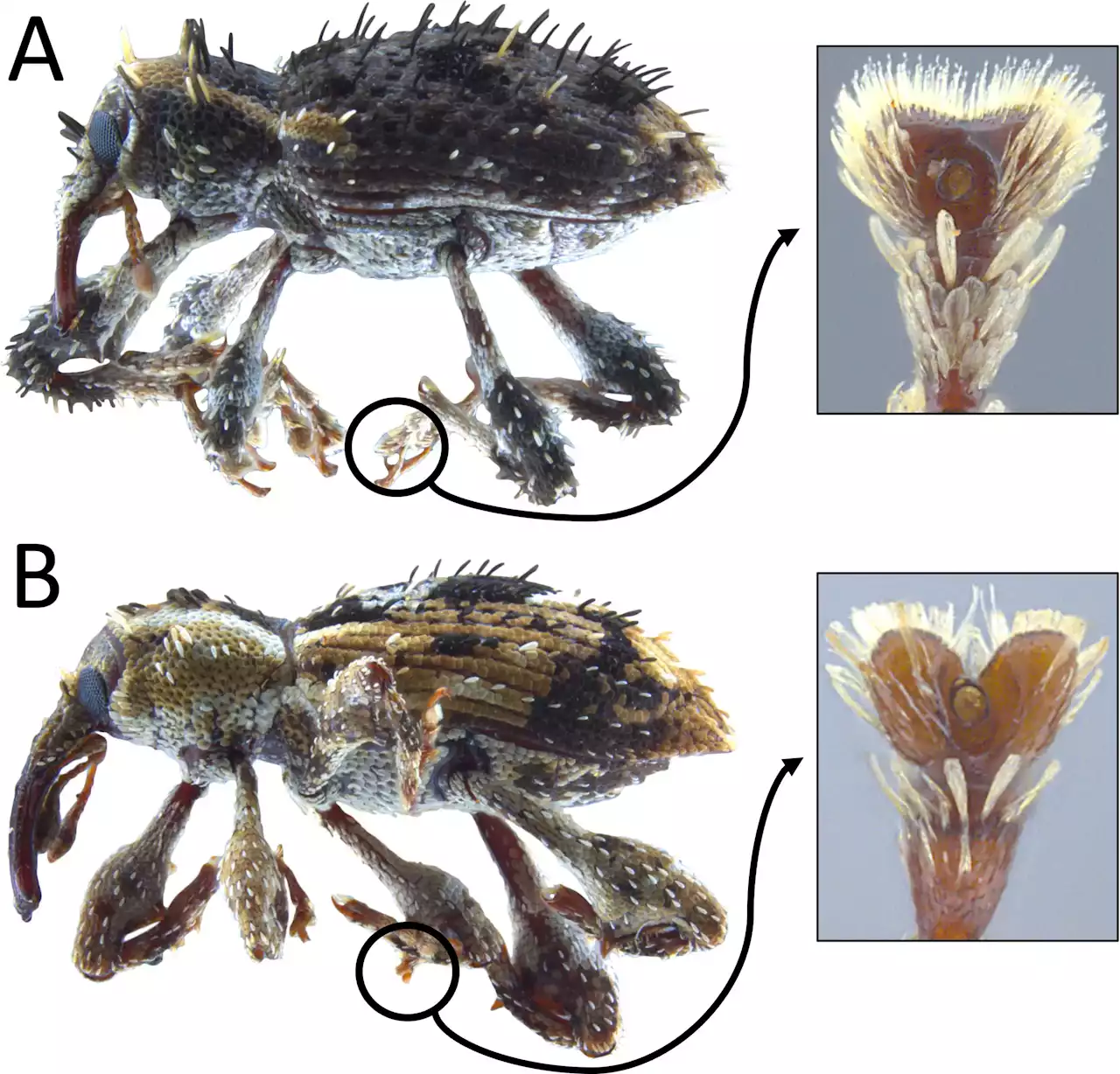 Scientists Discover New Species of Weevils in Japan’s Pristine Subtropical ForestsThe weevil possesses distinctive characteristics and is sensitive to human disturbance. A new weevil species has been found in the pristine subtropical forests of Ishigaki Island and Yanbaru National Park in Okinawa, Japan. The Ryukyu Islands, a chain of subtropical islands stretching between ma
Scientists Discover New Species of Weevils in Japan’s Pristine Subtropical ForestsThe weevil possesses distinctive characteristics and is sensitive to human disturbance. A new weevil species has been found in the pristine subtropical forests of Ishigaki Island and Yanbaru National Park in Okinawa, Japan. The Ryukyu Islands, a chain of subtropical islands stretching between ma
Read more »
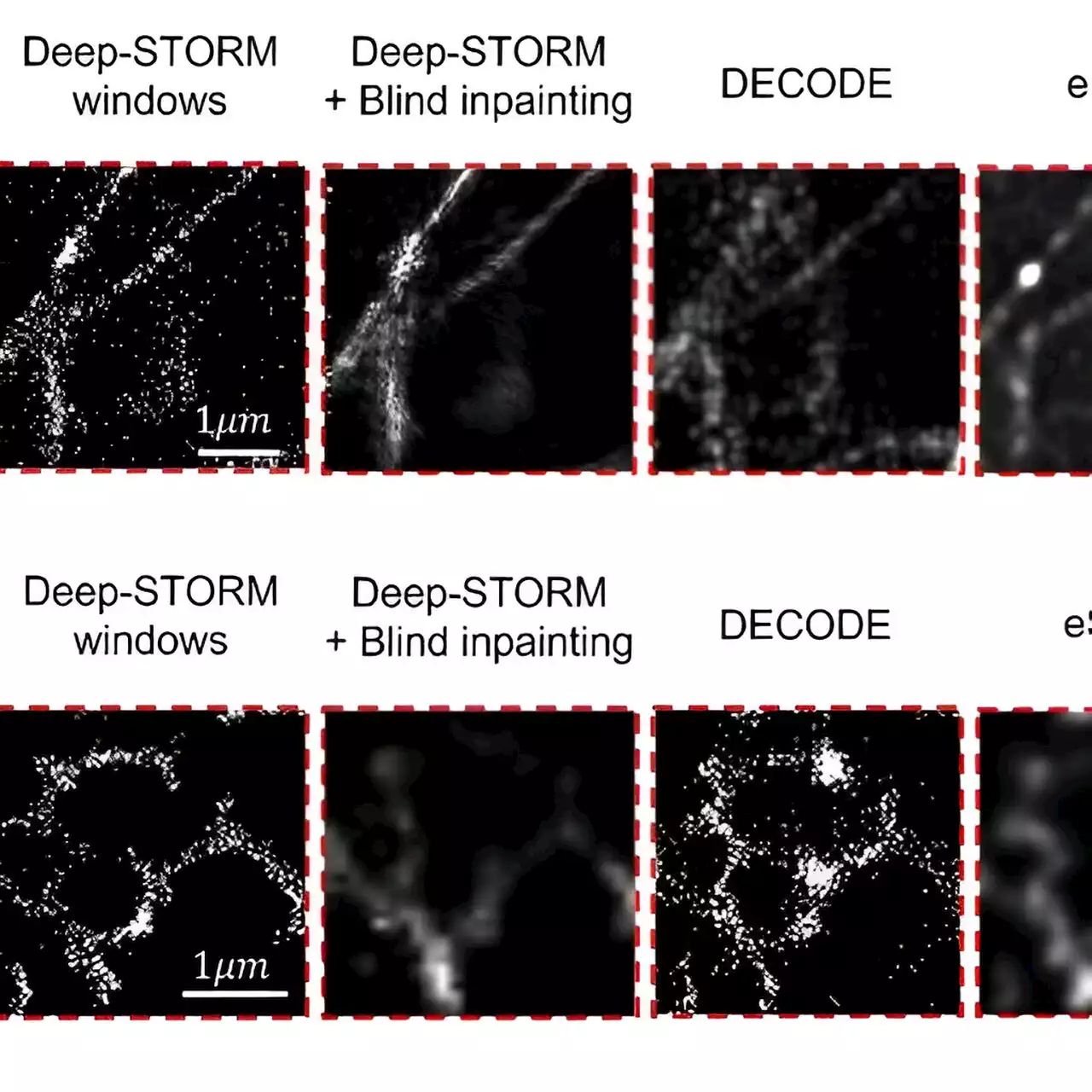 New tech enables scientists to see living cells' organelles in motion at super-high resolutionThe research group of Professor Yoav Shechtman from the Israel Institute of Technology Faculty of Biomedical Engineering has developed groundbreaking technology enabling scientists to see dynamic processes in living cells. Their study was published in Nature Methods.
New tech enables scientists to see living cells' organelles in motion at super-high resolutionThe research group of Professor Yoav Shechtman from the Israel Institute of Technology Faculty of Biomedical Engineering has developed groundbreaking technology enabling scientists to see dynamic processes in living cells. Their study was published in Nature Methods.
Read more »
